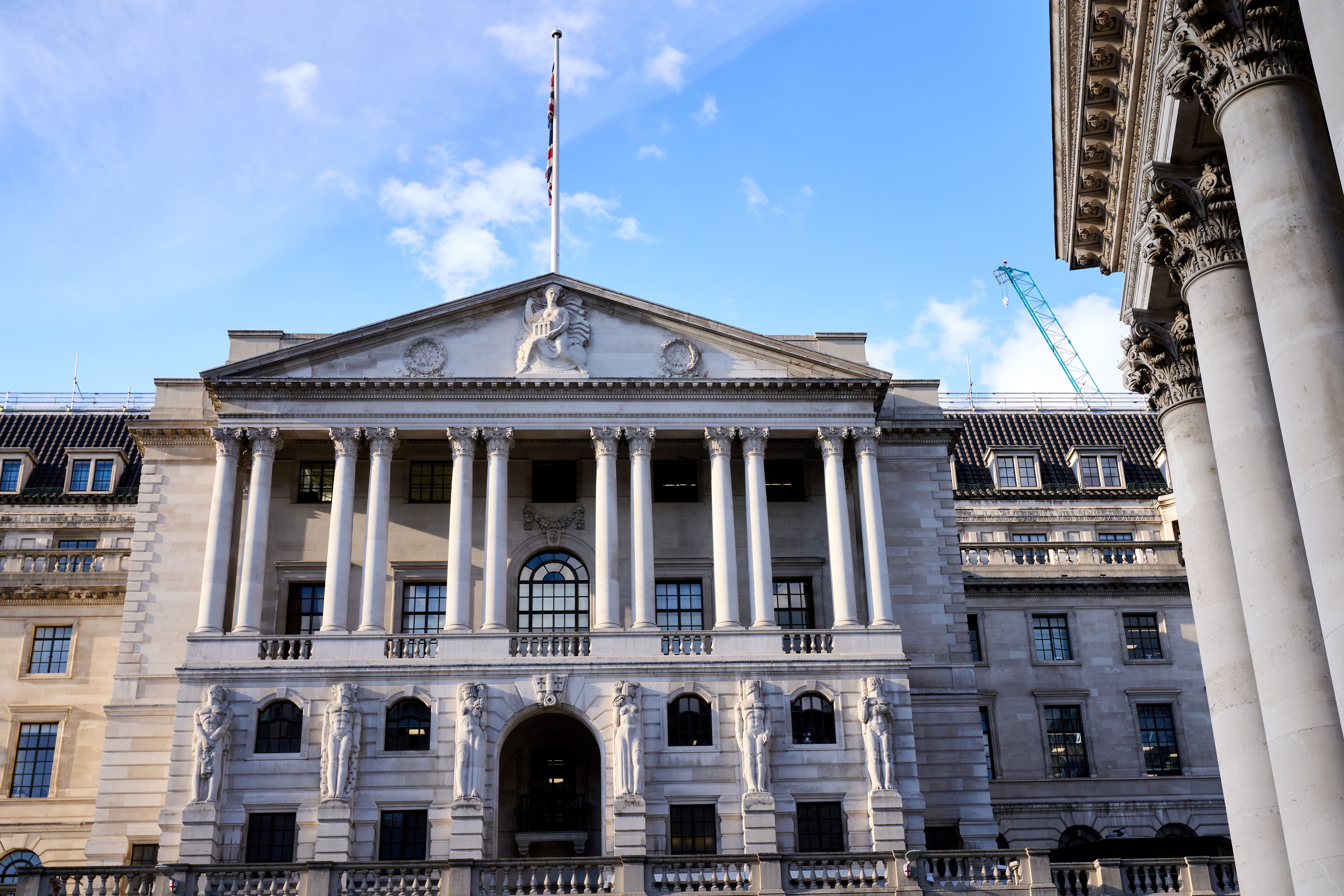Fall in pound after Bank of England warns market support will end in coming days
The warning comes despite reports suggesting the Bank of England could in fact extend its bond-buying programme.

Your support helps us to tell the story
From reproductive rights to climate change to Big Tech, The Independent is on the ground when the story is developing. Whether it's investigating the financials of Elon Musk's pro-Trump PAC or producing our latest documentary, 'The A Word', which shines a light on the American women fighting for reproductive rights, we know how important it is to parse out the facts from the messaging.
At such a critical moment in US history, we need reporters on the ground. Your donation allows us to keep sending journalists to speak to both sides of the story.
The Independent is trusted by Americans across the entire political spectrum. And unlike many other quality news outlets, we choose not to lock Americans out of our reporting and analysis with paywalls. We believe quality journalism should be available to everyone, paid for by those who can afford it.
Your support makes all the difference.The pound fell again after the Bank of England governor warned its emergency support package for the markets would end on Friday.
Earlier, the Bank intervened for the second time in as many days to prevent “fire sales” of pension fund assets, amid the continuing market turmoil in the wake of Chancellor Kwasi Kwarteng’s mini-budget.
But speaking later in Washington on Tuesday evening, governor Andrew Bailey warned there could be no further extension beyond the end of the week.
Part of the essence of a financial stability intervention is that it is clearly temporary
“My message to the (pension) funds involved – you’ve got three days left now. You have got to get this done.
“Part of the essence of a financial stability intervention is that it is clearly temporary.”
But that message appeared to be contradicted on Wednesday by a report in the Financial Times, which cited people briefed on discussions with the Bank of England to report that officials there have signalled privately that the emergency bond-buying programme could indeed be extended.
Following Mr Bailey’s remarks, sterling fell more than a cent against the dollar to its lowest rate since September 29.
The pound was lower against both the dollar and euro on Wednesday morning amid continued unease among financial traders.
Sterling fell by 0.85% to 1.099 against the dollar. It came after the pound rose as high as 1.1180 on Tuesday but slumped sharply after the Governor’s warning to pensions funds.
Meanwhile, the FTSE 100 is expected to start marginally lower when trading opens, according to experts at CMC Markets UK.
Earlier, the Pensions and Lifetime Savings Association, representing the industry, welcomed the Bank’s latest intervention but warned against ending it “too soon”.
In a statement, it suggested it should be extended at least until October 31 – when Mr Kwarteng is due to explain how he intends to get the public finances back on track following his £43 billion tax giveaway.
Alternatively, it said “additional measures should be put in place to manage market volatility”.
The Bank said it was acting as a sell-off in the UK government bond market poses a “material risk to UK financial stability” after yields on long-dated gilts soared once more on Monday, despite action by the Bank and Government to try to allay investor concerns.
Threadneedle Street said it will now widen the scope of its bond-buying programme to include purchases of index-linked gilts – a type of UK government bond that tracks inflation.
On Monday, it doubled its daily bond-buying limit to £10 billion, while Mr Kwarteng brought forward his new fiscal plan and independent economic forecasts to October 31 in an attempt to calm turbulent markets.
The Bank said: “The beginning of this week has seen a further significant repricing of UK government debt, particularly index-linked gilts.
“Dysfunction in this market, and the prospect of self-reinforcing ‘fire sale’ dynamics pose a material risk to UK financial stability.”
It added that its latest efforts will “act as a further backstop to restore orderly market conditions”.